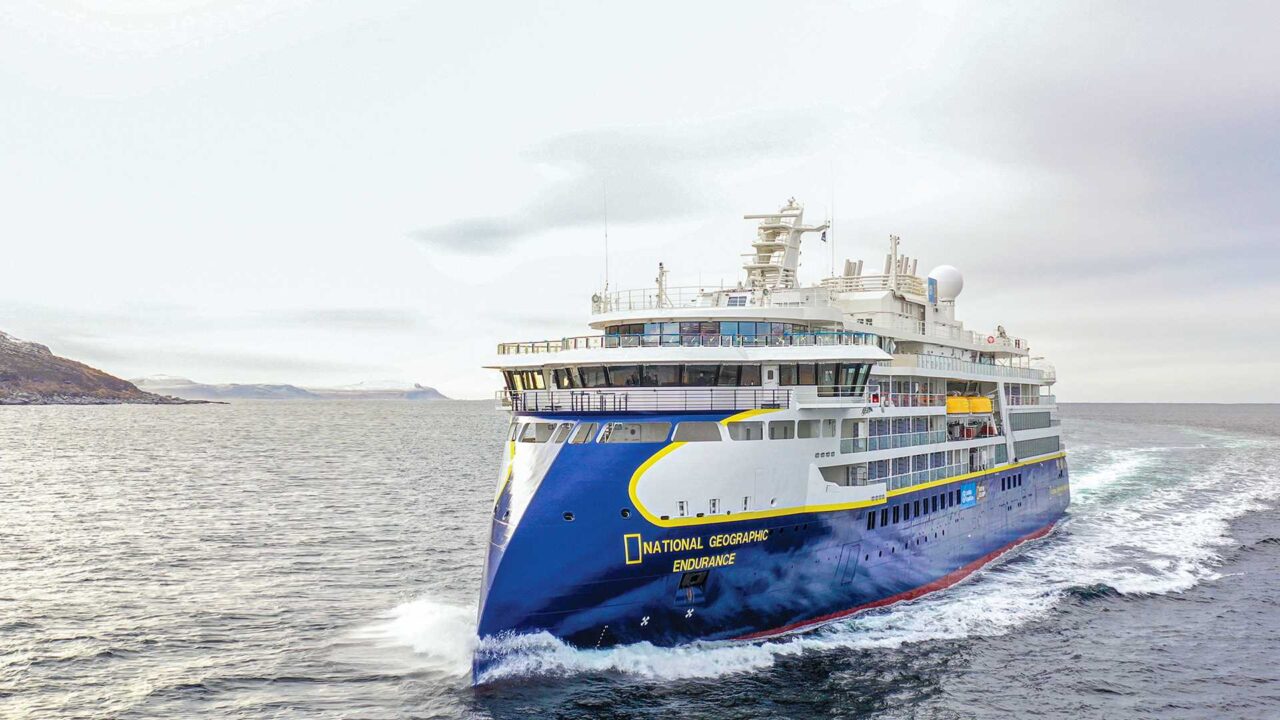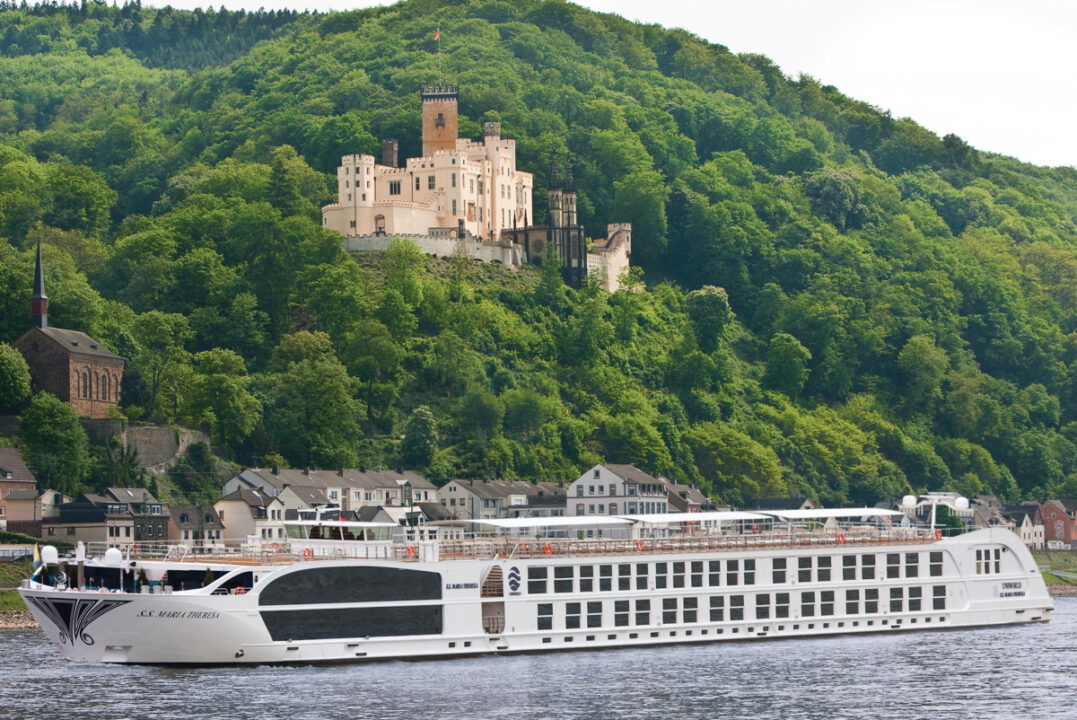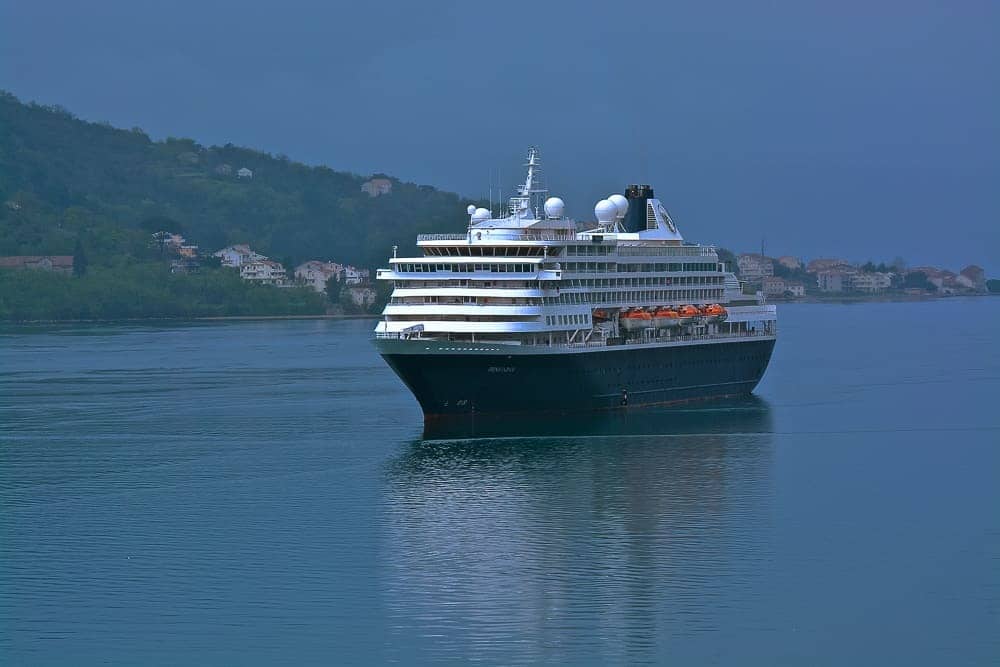From ocean and wildlife conservation to reducing food waste and upcycled and sustainable interiors, I’m sharing three initiatives surrounding sustainable travel efforts.

Lindblad Expeditions-National Geographic Invests $20M Across 50 Countries Building on Climate Positive Approach to Environmental Stewardship & Scientific Discovery
Sustainability has been part of Lindblad Expeditions’ DNA since inception and is quite literally the brand’s founding principle of existence: to improve the relationships between people and planet. Building on a legacy of over 50 years as a leader in responsible travel, Lindblad Expeditions-National Geographic has raised more than $20 million from curious and committed travelers to further the United Nations Sustainable Development Goals of protecting the ocean, conserving wildlife, and preserving local communities and culture.
The expedition pioneer not only led the way in unlocking the most remote places on the planet –from Antarctica to the Galapagos in the 60s– but was also the first expedition cruise to adopt 100% carbon-neutral practices in 2019 to continue their climate-positive initiatives. From the zero-waste and regenerative culinary practices to the ships’ purpose-built expedition hardware including the utilization of ultra-low sulfur marine gas oil, the cleanest burning fuel available in the remote areas that Lindblad typically operates, Lindblad’s operations are carbon neutral, and yet their partnerships and practices emphasize climate positive travel.
The Lindblad fleet serves as a platform for scientific exploration spawning groundbreaking discoveries of new species, and supporting ongoing conservation efforts of marine ecosystems and climate change mitigation– from the citizen science program to the visiting science program in partnership with leading researchers from John Hopkins to Duke exploring topics such as snow algae, carbon cycles, and whale populations.

Luxury River Cruise Line Works to Kick Food Waste to the Curb
Under the leadership of their dedicated Sustainability Officer, Julie Higgins, Uniworld Boutique River Cruises is on track to reduce food waste onboard by 50% by 2025. Uniworld was the first river cruise line to publish an Impact Report, detailing progress against its eleven goals to transparently monitor and openly report on progress with the environment and make actionable commitments for future impact.
Uniworld utilizes the Certified B Corporation® food waste reduction program Leanpath, to improve kitchen efficiency and prevent food waste on a large scale through data-driven waste tracking. By the end of 2023, Leanpath will be implemented across the entire Uniworld fleet. Uniworld’s food waste goal is just one part of their robust sustainability strategy, ‘How We Tread Right,’ which consists of eleven formal goals including eliminating single-use plastic, switching to renewable energy, achieving net zero by 2050 or sooner, and offering guests sustainable tourism experiences in the form of ‘Make Travel Matter’ experiences, designed to engage and give back throughout their river cruising journey.

Upcycling, Shore Power, and Food Traceability: Holland America Line Focuses on Sustainability
As Holland America Line works toward its commitment to decarbonization, My Nguyen, Design Director, is making waves in sustainable interiors on board, setting standards for ocean liners at large. For example, My is leading the charge in specifying as many products as possible that meet sustainable criteria on board Holland America Line’s Rotterdam.
She took on a 1.5-year project in collaboration with Origins to create carpeting made from 100 percent recyclable material – organic natural wool, with no dyes or chemicals. Beyond interior design, Holland America Line is focused on food traceability and limiting waste, plus recently becoming the first cruise line to achieve a Responsible Fisheries Management (RFM) certification, for certified-sustainable and traceable wild Alaska seafood, in addition to installing 68 biodigesters and seven food dehydrators to limit food waste. Holland America Line also utilizes shore power to reduce CO2 emissions in port.
